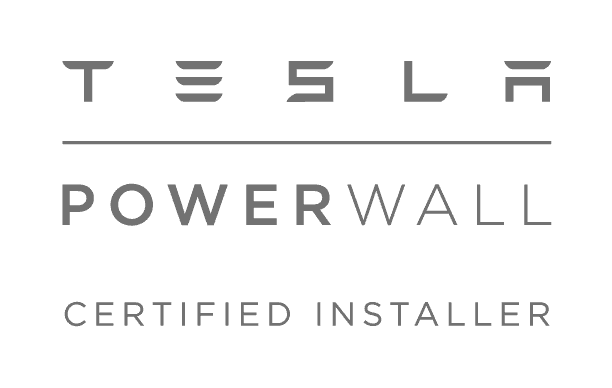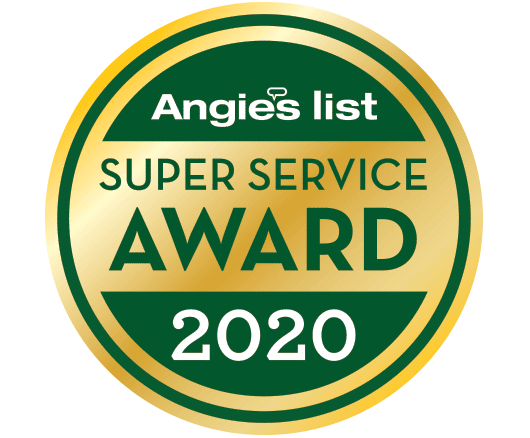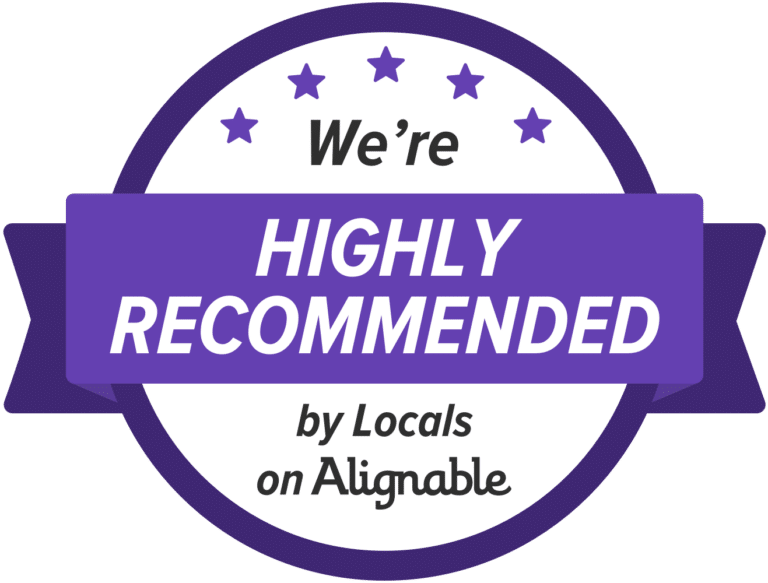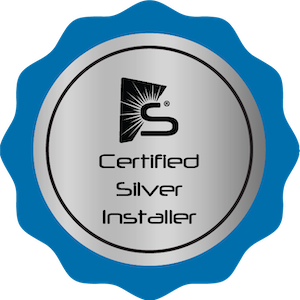The federal solar tax credit saves you 30% on your solar panel and/or battery storage installation. But if you want to claim it, you need to go solar soon.
The “One Big Beautiful Bill Act” (OBBBA), signed into law on July 4, 2025, terminates the solar tax credit years ahead of schedule. Under the new law, homeowners need to install solar by the last day of 2025 to qualify, and commercial projects only have a little bit longer.
Keep reading to find out what’s changing and how to claim your 30% savings before the tax credit’s gone for good.
What Is the Solar Tax Credit?
The federal solar tax credit is one of the biggest financial incentives for going solar. It lets you deduct 30% of the total cost of your system from your federal taxes.
You can claim the credit for:
- Solar panels
- Off-grid solar panels
- Battery storage
- Installation and permitting costs
Most homeowners save around $9,000 with the solar tax credit, making home solar panels significantly more affordable. You can also claim the credit for commercial solar, potentially reducing your upfront investment by tens of thousands of dollars.
How Is the Solar Tax Credit Changing?
Under previous law, the residential solar tax credit would last until 2035. The commercial version of the credit (known as the Investment Tax Credit) would be available for projects that began construction before 2033, or by the time the power sector reduced emissions by 75% compared to 2022 levels—whichever came first.
The OBBBA cuts those timelines very short.
Residential Solar Tax Credit Ends December 31, 2025
The residential solar tax credit is now set to expire on December 31, 2025. That date is coming up very fast, especially when you consider how long a solar panel installation takes. You can’t install solar panels overnight. You need permits and utility approvals, both of which take time. That means, if you want to meet the deadline, you need to get your project started as soon as possible.
Commercial Solar Deadlines Fast Approaching
To claim the tax credit for a commercial solar installation, you need to meet one of the following deadlines:
- Start construction by July 4, 2026 and finish within four years.
- Place your system in service by December 31, 2027
If you’re thinking about installing solar panels for a farm or commercial building, you need to get started quickly. Your project will take time to plan, permit, and approve, and you don’t want to miss these deadlines.
How to Make Sure You Can Claim Your Credit
Start Your Project As Soon As Possible
The solar installation process takes time. Permitting, utility approval, and equipment availability can cause delays, and as we get closer to the tax credit deadlines, we anticipate a rush of homeowners and businesses trying to beat the clock, which could cause backlogs. To avoid missing out, schedule your consultation today.
File the Right Forms
For residential solar, you’ll claim the credit using IRS Form 5695 when you file your 2025 taxes. If your credit is worth more than you owe, you can roll the remainder over to the following year.
For commercial systems, you’ll use IRS Form 3468. But keep in mind that the process can be more complicated for commercial installations, especially if your project spans multiple years or you’re claiming more than one tax incentive.
Be sure to:
- Save all invoices and receipts
- Confirm your eligibility before filing
- Consult with a tax professional about your specific situation
Electricity prices aren’t going down. Climate uncertainty isn’t going away. And now, one of the most valuable solar incentives is set to disappear. If you’ve been thinking about installing solar panels, now is the time.
At Six Rivers Solar, we can help you complete your installation before tax credit deadlines hit. Reach out to us today to learn more about your options and whether solar is a good fit for your home or business. We’ve been serving the North Coast since 1980 and are a local company you can trust with your solar installation.
Save 30% on solar panels with the federal tax credit. Call 707-443-5652 today to schedule a free consultation.
This information is provided for educational purposes only and does not constitute tax advice. We always recommend consulting a tax professional to understand how these incentives apply to your specific situation.










